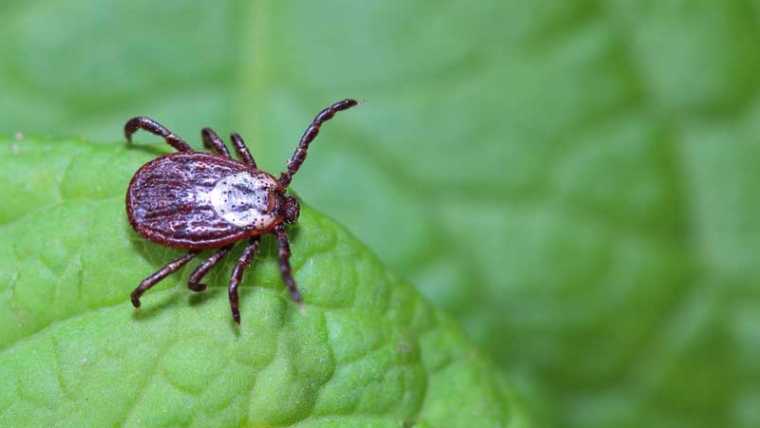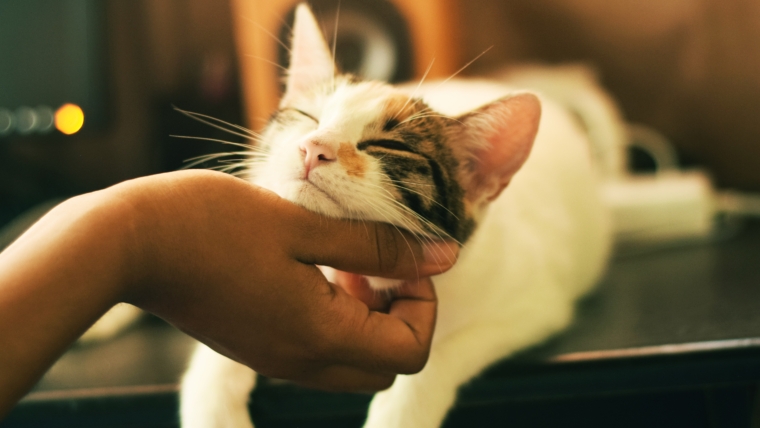by Dr Nalinika Obeyesekere and Dr Shamithri Ranasinghe
Starting out right with the right dog for you.
Choosing a puppy is a 15+ year commitment, so let us at PetVet help you get it right.
All dogs, like us, are individuals with their own separate personalities and activity levels; but just like with people who have overall similarities, dogs also share common traits that are breed specific. Just as the majority of Sri Lankans like spicy rice and curry, the majority of Labradors are very friendly, and the majority of German Shepards are easily trained while both breeds are good with children. However, like with people, you do get exceptions. So, you may get your occasional aggressive Labrador or German Shepard who is hard to train.
To ensure both you and your pet pal have a positive and fun time sharing your lives together, you need to choose a pup who fits well with your lifestyle, needs and expectations. For example, if you are a quiet and relatively sedentary person, you don’t want to get a high energy, highly active dog. You will both irritate each other. Similarly, if you are getting a pup for your hyperactive 6-year-old, you don’t want a small, timid dog. The dog and its human will all end up stressed.
We at PetVet will help you choose a pup that best suits your lifestyle. A vet will provide a free consultation to understand your needs and help you find the best possible pet for you. We will even accompany you (at no cost) once you have identified a breeder and a litter; to help you choose the ideal pup, both from a health and behavioural point of view.
Then we will, as a team, help make sure you have the best possible life together, including basic puppy training comprising socialisation, diet, grooming, and care, to ensure you have a happy and healthy companion all the way through to old age.
Potential problems to be aware of when selecting dog breeds
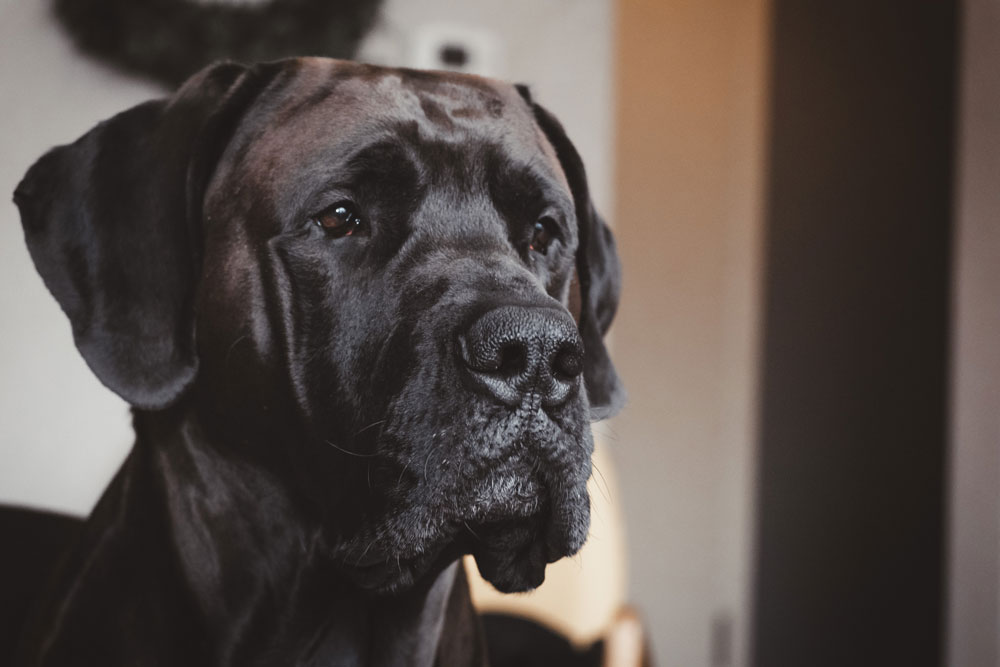
Giant breeds
These dogs are very cute as puppies but can be more than a handful when fully grown. Socialisation and training are critically important in these breeds. If untrained, you will not be able to force them to do something they do not want to do as an adult. If they bite you, the consequences can be very serious. They are also very expensive, in terms of food volume and potential medication.
Giant breeds include the Great Dane, Mastiff, Newfoundland and Saint Bernard. The latter two also have thick coats.
Overall recommendation: Recommended only to experienced owners who are already used to these breeds and have the financial strength to give them the care they need.
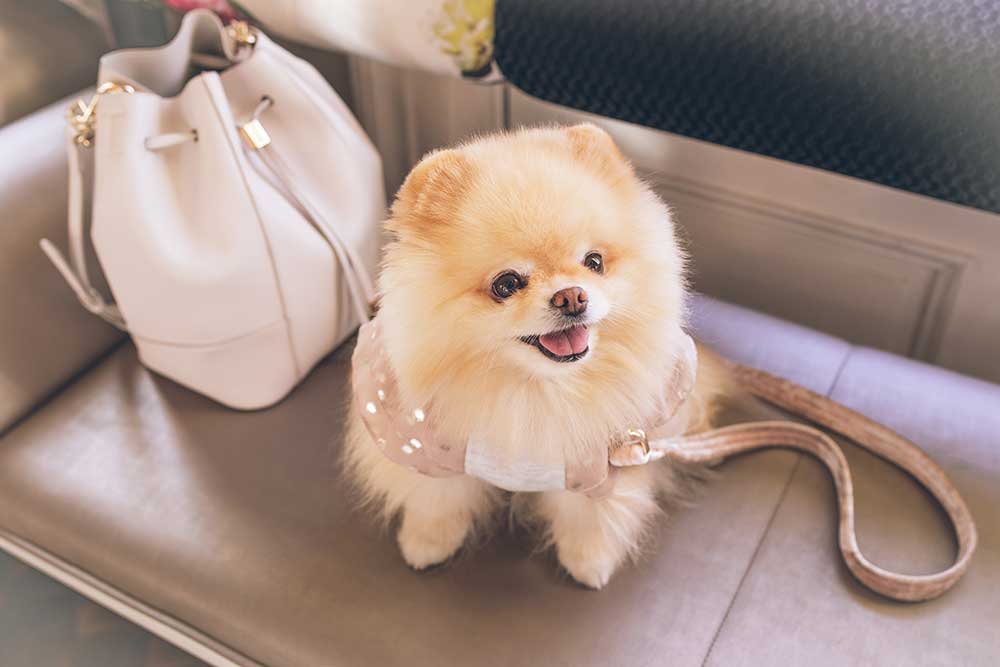
Mini breeds
These can be as challenging as the Giants and require good socialisation and training. Although you can physically restrain them if needed, there is a good chance someone will get bitten. In their world, everything around them is huge and intimidating. Therefore, these dogs can seem nervous and sometimes fearful. They need to be pampered and protected. They can also be very sensitive to extremes of temperature. It is very difficult for them to survive without a lot of human love and care.
Mini breeds include Chihuahua, Toy Poodle, Pomeranian, Pug, Yorkshire Terrier, and Mini Pinscher.
Overall recommendation: If you enjoy a caretaker role and are willing to put in the time, especially in a small house or apartment, then this type of dog might be for you. There is a lot of variety out there, so definitely get advice on choosing the best mini breed to suit your needs. You can also get our help choosing the best individual from the litter. Ask us, we are here to help.
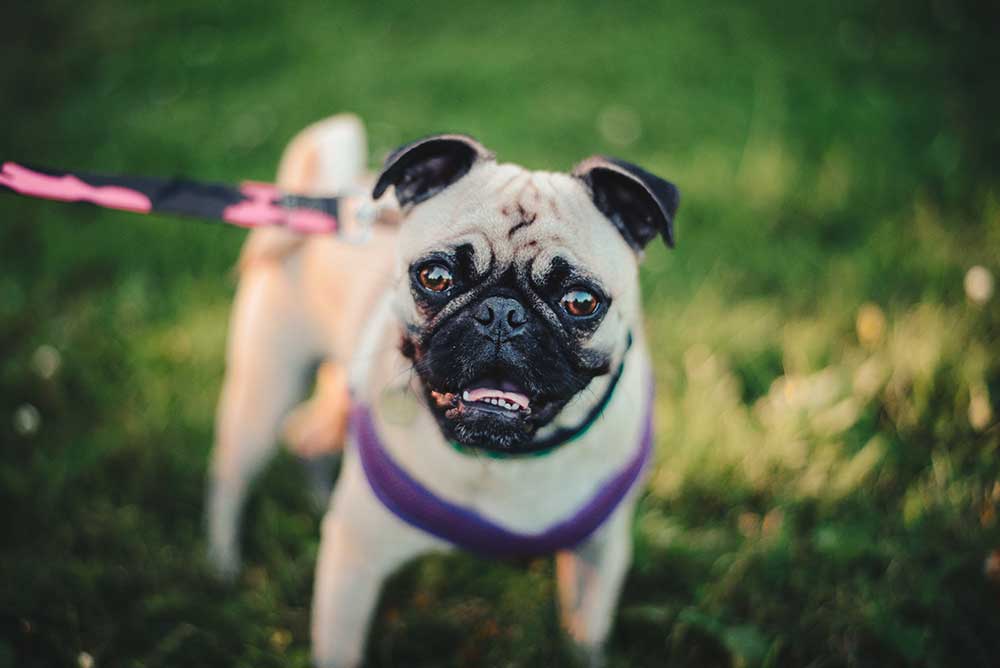
Brachycephalic breeds (pug nosed dogs)
These dogs, like the mini breeds, have been specially bred to look like this. They have a flat nose and puppy-like face, often with lots of wrinkles. Just like a mini breed, they would not be able to survive without human care. Most of these breeds have great personalities i.e. Pugs and Boxers. However, the very short snout was created at the expense of their ability to breathe normally. This is a huge drawback and makes living in the hot and humid tropics very uncomfortable for them. If their skin is very wrinkled with a lot of folds, they will also be very susceptible to skin rashes throughout their life. Again, the heat and humidity will only increase their susceptibility.
The excessive panting you hear is NOT normal. Most Pugs, for example, will require one to several surgeries to make their breathing more comfortable. The surgical team at PetVet include some of the few vets in Sri Lanka who can perform these delicate and sometimes complex procedures. These breeds also have a higher anaesthetic risk due to their breathing difficulty and anaesthesia must be very carefully managed. Gas anaesthesia is always recommended for these breeds and is offered at PetVet.
Overall recommendation: No matter how sweet their personality, brachycephalic breeds are NOT recommended for Sri Lanka. They have serious breathing difficulties and often chronic skin rashes, especially when it’s hot and humid. If you absolutely have to have one, then choose a slightly mixed breed. And make sure to look for as long a snout as possible.
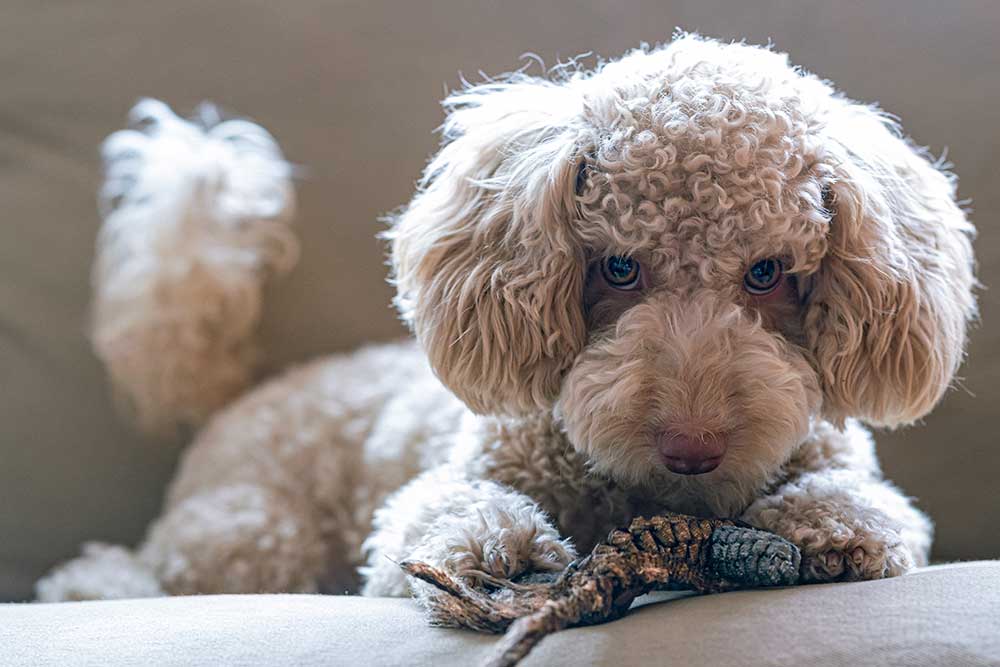
Long and heavy coated breeds
Though their coats are often very thick and beautiful, it is really unpleasant for these dogs when living in our Sri Lankan climate. Imagine you had to live wearing a huge fur coat all the time when the temperature is 90 degrees Fahrenheit with a humidity of 90%. You would be grumpy too! These coats require constant grooming, are very susceptible to skin disease and results in a very hot, and uncomfortable dog.
There are a variety of breeds with thick coats from Toy dogs like Pomeranians to Medium dogs like the Huskies and Giant dogs like the Saint Bernard or Newfoundland.
Overall recommendation: NOT recommended for Sri Lanka. You will have a dog who is always hot and bothered at best. It can make them bad tempered and aggressive at worst.
Congenital disease
The most serious breed related medical problem currently seen in Sri Lanka is hip dysplasia. This is usually seen in large breed dogs, such as Labradors, German Shepherds and Rottweilers. This condition is largely due to breeding (or genetics) but is also significantly affected by nutrition and activity during the first year of life.
WARNING: Too much Calcium is as bad, if not worse, than too little. Don’t guesstimate. Ask us for advice.
Pet stores and puppy mills vs. responsible breeders/home breeders
Sri Lanka has seen the growth of a terrible puppy mill industry over the past 10 years, largely due to the demand for purebred pups. These are animal welfare nightmares with pups being bred under terrible conditions and should not exist. However, they will exist as long as there is a demand. The best way to end it is to end the demand. NEVER get a puppy from a pet store or puppy mill. All of us feel sorry for that sad and adorable pup but rescuing it is exactly what the breeder is hoping for. Some even maintain the terrible conditions just to ensure someone will ‘rescue’ the puppy. Rescuing one pup DOES NOT HELP. There are many more out there and you are just encouraging the trade.
We at PetVet do understand how hard it is to leave these pups to their terrible fate. It’s a really tough choice. However, the focus should be on methods that will get rid of the problem forever. These dogs are also generally unhealthy, traumatised and not well socialised, so if you do get one, it’s a lifetime of stress. Beware!
Overall recommendation: Don’t do it!
It is best to choose a pup from a breeder who understands and loves dogs. Or a family who breeds their household dog. Choose well. Remember, it’s a 15+ year commitment.
Purebred vs. crossbred/SL Hound dog/Sinhala Hound
The only real difference between these types, beyond what I have discussed above, is that the look and temperament of the purebred dog is more predictable. Therefore, if choosing a crossbred dog, you need to be careful, especially as to temperament.
Our local Sri Lankan dog makes a super pet. They are medium-sized and short-coated, shed very little and have great heat tolerance, all of which make them perfect for most Sri Lankan situations. They are extremely intelligent and easily trained. This makes a lot of sense if you think about it. They need to be smart to survive the streets of Sri Lanka. They also need to be willing and know how to please people in order to have the best chance for food, care and shelter. The traits of intelligence and always wanting to please are fundamental to what makes a dog easy to train. Unfortunately many owners simply don’t make the effort and put in the time to train them, as they would with a purebred dog.
Yes there are fearful, traumatised and aggressive ones, but these often don’t survive very well. The right choice again is the important thing here. Ask us. We are here to help you.
Overall recommendation: Choose a SL Hound dog (aka Sinhala Hound). They make super pets. As an added bonus, you are also contributing to animal welfare, stray dog control and rabies elimination.
We realise all this information on how to choose a pup may seem daunting and confusing. That is exactly why PetVet is offering this service, to make sure you get the right pup for you. This is a free public service and animal welfare initiative because we want all puppies to have great forever homes, and their humans to have a new best friend.


